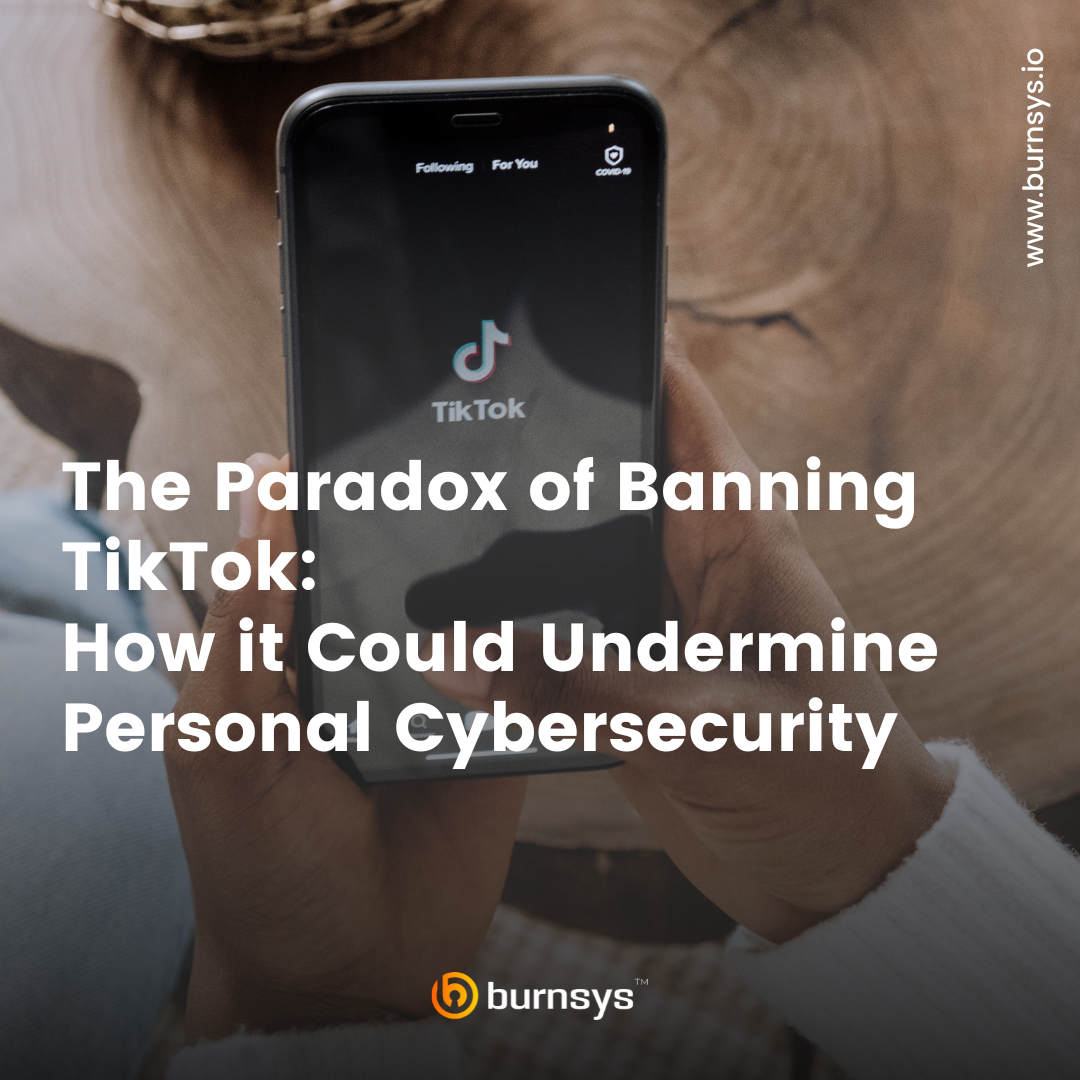The Paradox of Banning TikTok: How it Could Undermine Personal Cybersecurity
TikTok, the popular social media app that allows users to create and share short videos, has been under scrutiny by some governments over security concerns. In 2020, former U.S. President Donald Trump issued an executive order seeking to ban TikTok in the United States, citing national security concerns related to the app’s ownership by a Chinese company. While the ban was ultimately blocked by courts, the debate over TikTok’s security risks has continued.
However, banning TikTok could actually weaken personal cybersecurity rather than strengthening it. Here are a few reasons why:
- TikTok has taken steps to improve its security
Following concerns over TikTok’s security, the company has taken steps to improve its security measures. In January 2021, TikTok announced that it had hired cybersecurity expert Roland Cloutier as its Chief Information Security Officer. Cloutier was previously the Global Chief Security Officer at ADP, a payroll and HR software company. TikTok has also released transparency reports detailing government requests for user data, and has made changes to its app to limit data collection.
- Banning TikTok could lead to the creation of unregulated alternatives
If TikTok were to be banned in a particular country, it could lead to the creation of alternative apps that are not subject to the same regulations and security measures as TikTok. These unregulated apps could pose an even greater security risk to users, as they would not be subject to the same scrutiny and oversight as TikTok.
- TikTok can be a valuable tool for education and communication
TikTok is not just a platform for entertainment, it can also be a valuable tool for education and communication. For example, during the COVID-19 pandemic, healthcare professionals used TikTok to share accurate information about the virus and to combat misinformation. Banning TikTok could limit access to important information and resources.
- Banning TikTok could set a dangerous precedent
If governments start banning apps based on security concerns, it could set a dangerous precedent. It could lead to a situation where any app or technology that is developed in a certain country is automatically viewed as a security risk. This could stifle innovation and could harm international relations.
In conclusion, while concerns over TikTok’s security are valid, banning the app could actually weaken personal cybersecurity rather than improving it. Instead, it is important to continue to monitor and regulate the app to ensure that it meets certain security standards. By doing so, users can continue to enjoy the benefits of the app without compromising their personal cybersecurity.




